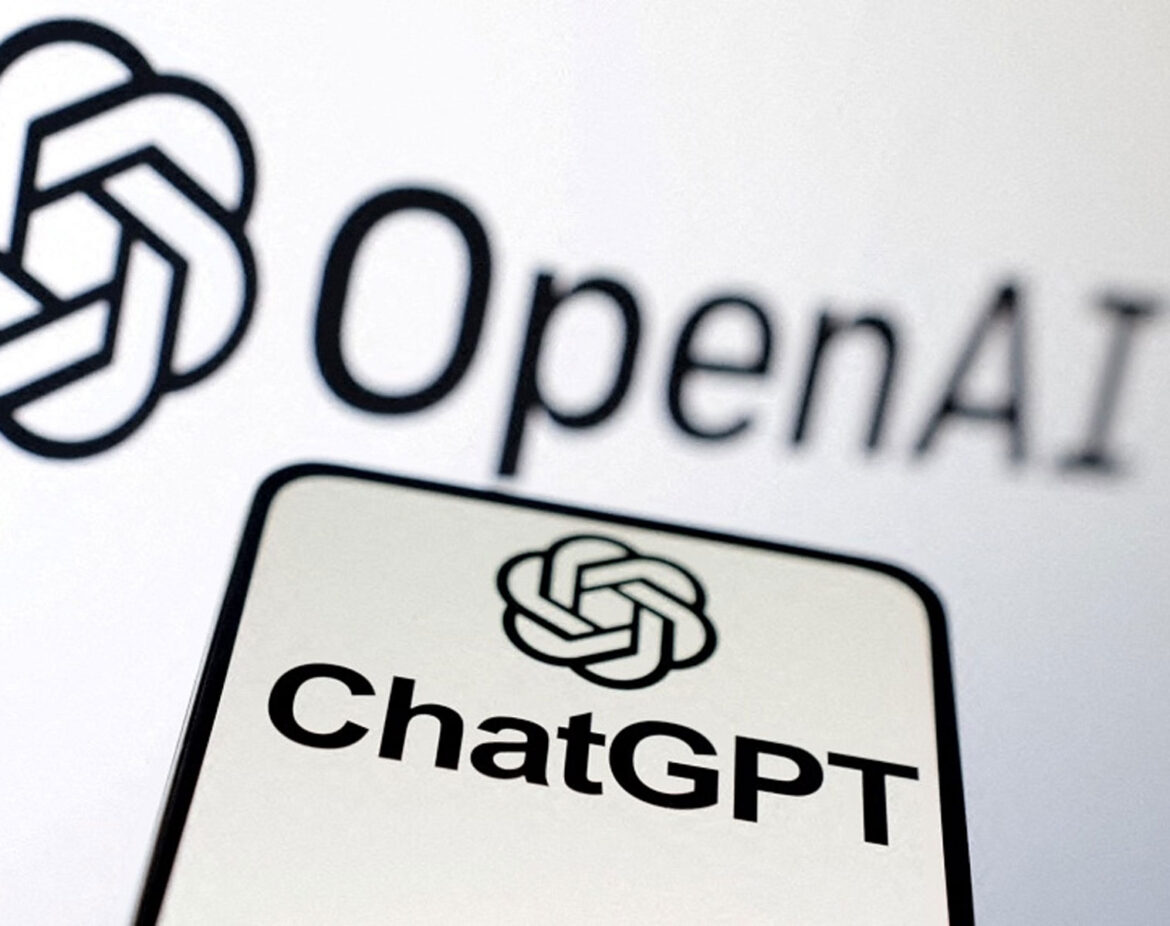Indian news agency Asian News International (ANI) has filed a lawsuit against OpenAI, the creator of ChatGPT, in the New Delhi High Court, alleging unauthorized use of its copyrighted content to train the AI model. ANI joins a growing list of global news organizations challenging OpenAI over similar issues, including major lawsuits in the U.S. by outlets such as The New York Times and The Chicago Tribune.
The initial hearing on Tuesday saw the court issue a notice to OpenAI, requiring the company to provide a detailed response to ANI’s claims. ANI alleges that OpenAI’s chatbot not only used its copyrighted materials without proper licensing but also attributed fabricated stories to the agency.
In its court filing dated Monday, ANI stated that OpenAI had “refused to obtain a lawful license or permission” for its content, despite having licensing agreements with other major outlets like the Financial Times and the Associated Press.
OpenAI Responds
When approached, an OpenAI spokesperson reiterated the company’s stance on copyright, stating:
“We build our AI models using publicly available data, in a manner protected by fair use and related principles, and supported by long-standing and widely accepted legal precedents.”
The spokesperson also emphasized OpenAI’s ongoing collaborations with news organizations globally and expressed interest in exploring partnerships in India.
Wave of Copyright Lawsuits
OpenAI and other technology firms have faced increasing legal scrutiny over alleged copyright violations. Lawsuits from authors, artists, and publishers accuse these companies of exploiting intellectual property without proper authorization. OpenAI has consistently denied such claims, arguing its practices are legally justified under “fair use” principles.
ANI’s Allegations
ANI claims that OpenAI has not only used its content unlawfully but has also misrepresented its brand by attributing fictitious news articles to the agency. Reuters, which holds a minority stake in ANI, has confirmed reviewing a copy of the lawsuit but has not commented on the matter.
As legal challenges mount globally, the outcome of ANI’s case could set a precedent for AI-related copyright issues in India.



